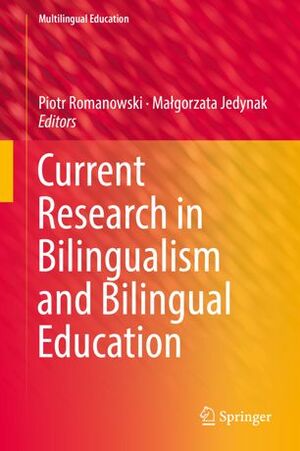
For the last 20 years a considerable amount of studies have examined L2 pragmatic production in classroom discourse (see Bardovi-Harlig, 2013, for a review). Nevertheless, most research to date still ignores the multilingual background of language learners. Research on classroom pragmatics from a multilingual perspective is still scant but findings point to the peculiarities of L3 pragmatic production and development (Alcón, 2013; Portolés, 2015; Safont & Portolés, 2015). In order to contribute to this line of research, the present study seeks to examine multilingual requestive behaviour from a pragmalinguistic and a sociopragmatic viewpoint. In so doing, previous research from a monolingual and a multilingual perspective is taken into account. We have considered the specific request forms used and modification devices accompanying them (Alcón, Safont & Martínez-Flor, 2005), the goal of the request (Dalton-Puffer & Nikula, 2006) and the classroom register (Christie, 2000) in which these goals may be embedded. Data for the study comprise transcripts from twelve video-recorded English as L3 lessons involving 268 learners (m.a. = 8.4) and 12 teachers (m.a. = 43.2). Results confirm previous findings in multilingual learning environments and they contradict results from SLA-based studies. Interestingly, this study points to the role of the language program in classroom requestive behaviour. We conclude by acknowledging the importance of adopting multilingual perspectives in the analysis of multilingual students.